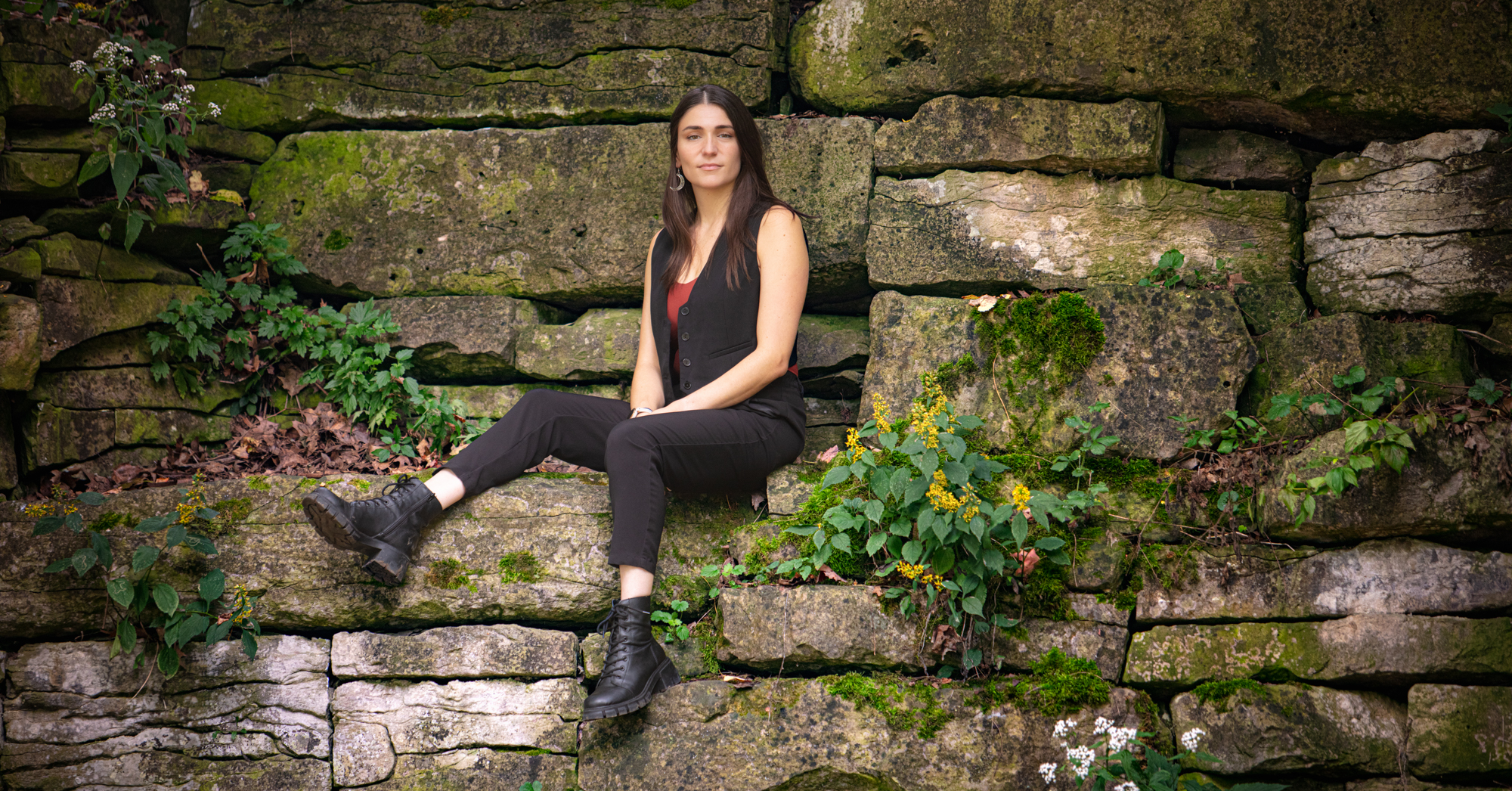Megan Lalli

Program
2025 MCL Conservation Leadership
Why did you choose to complete your graduate studies in your program at the University of Guelph?
As a restoration practitioner and conservation professional, I wanted to further my education without leaving my career for full-time studies. I was seeking a program that would complement my work, enrich my learning, and expose me to emerging conservation topics and approaches. The Master of Conservation Leadership (MCL) program immediately caught my attention! This program is rooted in experiential learning, with a flexible format that allows me to study while working, engage in land-based learning through residencies, and intentionally focus on leadership and professional development. The University of Guelph is well-known for its environmental programs, and as the only university in Canada offering this type of Master's, it felt like the perfect next step in my learning journey.
How did you get here?
My path has been a winding road of bird surveys and environmental education to wildlife rehabilitation, community-based conservation, ecosystem restoration, and now focusing on partnerships and experiential learning. I have been supported by many remarkable leaders who paved the way and inspired me throughout my career. I am both privileged and fortunate for the people who took a chance on me, saw the best in me, and challenged me to grow and explore different avenues within the conservation sector. I've learned a lot from informal mentors I've met in volunteer and work placements, as well as formal mentorship and leadership programs such as the Young Conservation Professional (YCP) Leadership program, the Deborah Rosati Women in Leadership (WIL) mentorship program and now the CoalitionWild Global Mentorship Program.
If this work has taught me anything, it's that we are nothing without community. A leader cannot exist without a team, and you can embody leadership from whatever position you hold. Our impact is also strongest when we embrace our interconnectedness and see how transdisciplinary environmental work can be, from the role it plays in health and education to business. Through my experiences working in charities, non-profits, the government, and now academic institutions, I have learned that much of the work I want to continue doing will focus on strengthening that connectivity - across the landscape and sectors.
About the work in MCL...
This graduate program has helped me apply lessons on conservation technologies, planning, and leadership to my own work. However, the most exciting part of my studies has been learning about Indigenous-led conservation, including participating in a week-long residency in Unama'ki (Cape Breton), Nova Scotia. During the residency, we met with local Mi'kmaq communities to discuss Indigenous Protected and Conserved Areas (IPCAs) and explore the concept of Two-Eyed Seeing and the co-governance of protected areas. The University of Guelph also supported my participation in Two Row on the Grand, a ten-day paddle down the Grand River with 80 other Indigenous and allied participants. These experiences connected me with like-minded learners committed to decolonization and building community. To me, gaining access to these opportunities can begin to address some of the gaps at the leadership level - namely, how to work with Indigenous communities in Ethical space, collaborate meaningfully, consider issues from multiple perspectives, and how tackle some of our toughest challenges together.
How do you think the work you are doing at U of G can potentially improve life?
Through my studies and work, I have engaged with land-based learning and facilitated experiential learning, directly witnessing its impact on personal and professional development. Learning is lifelong, and part of my research will look at the value that land-based learning and reflective practice can have for conservation practitioners, particularly related to leadership development. Specifically, I hope to identify how opportunities offered in partnership with or led by Indigenous communities can catalyze change and inspire leaders to practice conservation in more holistic, inclusive, and innovative ways.
What do you plan to do after graduation? How has U of G helped you reach that goal?
I'm excited to continue applying what I've learned in this program to my future work. My studies have helped me learn a great deal about myself and identify potential career pathways that better align with my interests and values. Studying leadership in the context of conservation has been invaluable for understanding how to best position myself in this sector, and provided me with the tools and skills I need to set goals, articulate my learning, and expand my knowledge and my network.
After graduation, I will continue to pursue further education and professional development opportunities, as this program has reignited my love of learning. I also plan to stay involved in work that enhances social and ecological connectivity, forging partnerships and helping restore our relationship to nature and each other.
Being a grad student at Guelph...
The MCL program has the added flexibility of being mainly remote, which makes balancing work, school, and life easier, though there are still opportunities to come to campus and meet in person with your cohort during residencies. Being a graduate student at Guelph also means tapping into their resources and networks, including alumni, researchers, and leaders in this field!
What do you like best about U of G campus?
I have not had the chance to spend much time on campus, though the Arboretum is a special and beautiful spot!